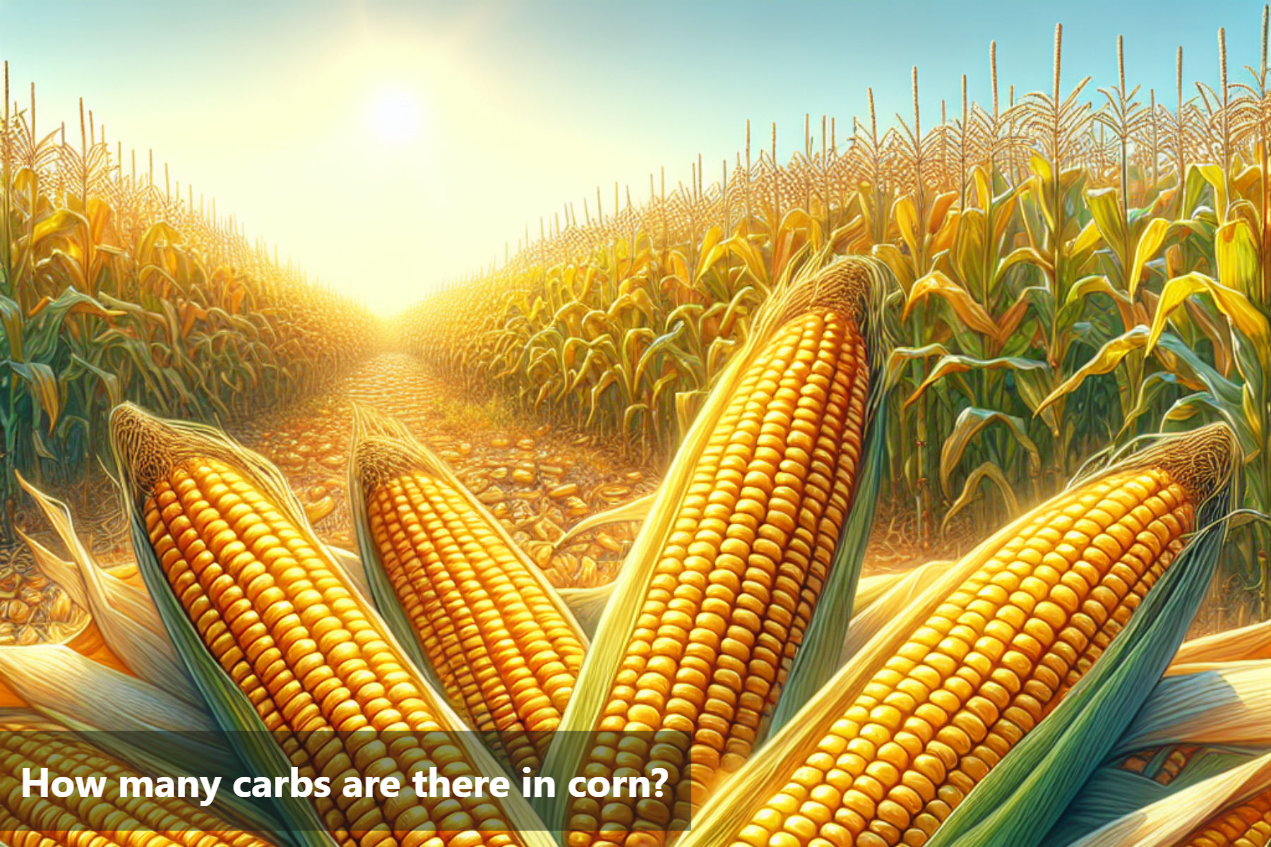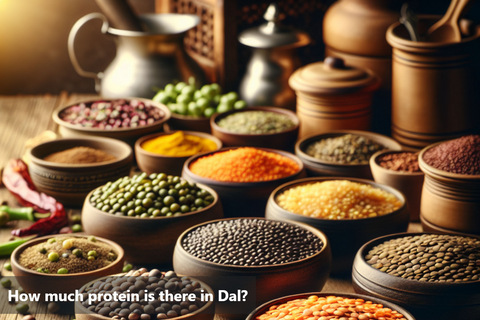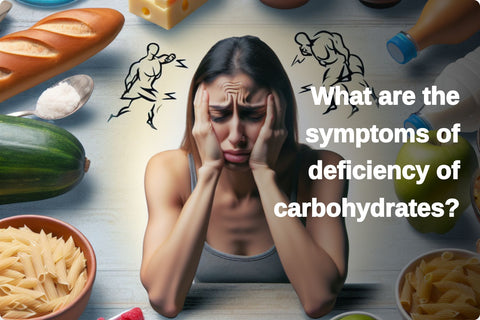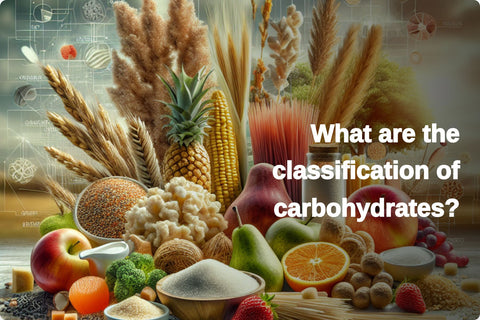
How many carbs are there in corn?
Carbohydrates are a crucial macronutrient that serves as a primary source of energy for our bodies. Monitoring our carb intake is essential for maintaining a balanced diet and overall well-being. When it comes to corn, understanding the carb content is valuable due to its prevalence in various dishes and its impact on our nutrition.
Being aware of the carb content in corn allows individuals to make informed dietary choices. Whether you are managing your carb intake for weight management or health reasons, knowing the carb content of corn can help you plan your meals effectively.

Nutritional Overview of Corn
3.5 ounces (100 grams) of boiled yellow corn contains:
Calories |
96 |
Water |
73% |
Protein |
3.4 grams |
Carbs |
21 grams |
Sugar |
4.5 grams |
Fiber |
2.4 grams |
Fat |
1.5 grams |
Health Impact of Consuming Corn
Corn contains carbohydrates, which are a crucial source of energy for the body. However, it is important to be mindful of the carb content in corn, particularly if you are monitoring your carb intake for health or weight management reasons.
One of the key aspects to explore is how many carbs are present in different corn products such as corn on the cob, canned corn, or frozen corn. Understanding the specific carbohydrate content in these variations can help you make informed decisions about incorporating corn into your meals.
-
Additionally, the health impact of consuming corn extends beyond just the carb content. Corn is a good source of fiber, vitamins, and minerals, which can contribute to overall health and nutrition. On the flip side, some drawbacks may include the potential for processed corn products to have added sugars or unhealthy fats.
When evaluating the health impact of consuming corn, it is crucial to consider not only the carb content but also the overall nutritional profile of this versatile grain to make balanced choices for your diet and well-being.
Corn Varieties Unveiled
Types |
Nutrients and Benefits |
|---|---|
Yellow Corn |
|
White Corn |
|
Blue Corn |
|
Sweet Corn |
|
Popcorn |
|

Carb Watch: Corn Edition
Corn, while being a good source of essential nutrients including fiber, vitamins, and minerals, can also contribute significantly to the carb intake. For individuals monitoring their carb consumption, being mindful of the carb content in corn can aid in making informed dietary choices.
Moreover, the health implications of consuming corn, with its mix of carbohydrates, highlight the need for moderation. While corn can offer benefits such as energy and certain nutrients, excessive consumption may lead to an imbalance in carb intake, affecting blood sugar levels and overall well-being.
It is recommended to consume corn in moderation as part of a varied diet to harness its nutritional benefits without overwhelming the carb intake. By being aware of how many carbs are in corn and incorporating it judiciously, individuals can strike a balance between enjoying this versatile grain and maintaining a healthy dietary routine.
This Blog post is an initiative by Lo! Foods, to provide accurate and Nutritionist / Doctor approved information related to Health. Lo! Foods is India's leading brand for Everyday Functional Foods. Foods designed for specific Health conditions or Needs. Lo! Foods also runs India's largest range of Low Carb Healthy Cloud Kitchens, under the brand names of Lo!, ProteinChef, ATH (All Things Healthy) and DiabeSmart.















Leave a comment
Your email address will not be published.